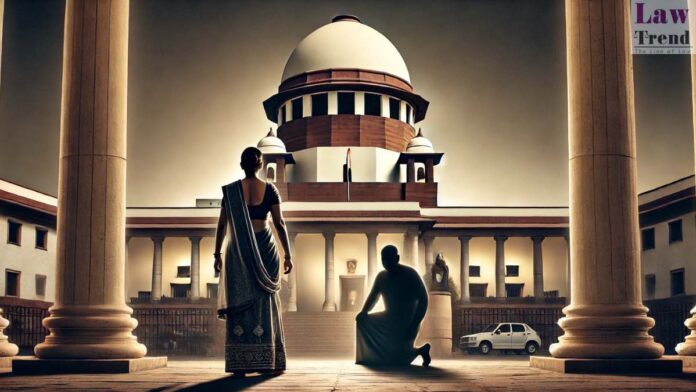In a landmark judgment, the Supreme Court has dissolved a marriage declared ‘irretrievably broken’, providing a final resolution to a couple estranged since 2019. The bench, led by Justices B. R. Gavai, Aravind Kumar, and K. V. Vishwanathan, invoked Article 142(1) of the Constitution to step beyond conventional procedural and substantive laws, ensuring “complete justice” to the parties involved.
The marriage, solemnized in 2013, reached a point of no return despite repeated attempts at mediation. Both parties conceded that any chance of reconciliation had vanished, prompting the apex court to act under its constitutional powers, referencing the pivotal Shilpa Sailesh Vs. Varun Sreenivasan decision from 2023. This case reinforces the court’s prerogative to grant divorce on grounds of irretrievable breakdown when all indications suggest that continuing the marriage would be unjust.
The proceedings stemmed from the wife’s petition seeking to transfer her divorce proceedings from the Family Court in Roorkee, Uttarakhand, to New Delhi. Concurrently, the husband filed for divorce under the Hindu Marriage Act, alleging marital infidelity and neglect of familial duties by the wife post her employment as a teacher in July 2022.
The court scrutinized the personal hardships and the lack of cohabitation since 2019, affirming that both the husband and wife, aged 32 and 38 respectively, should have the opportunity to move forward with their lives unencumbered. As part of the dissolution, the court sanctioned a comprehensive settlement: Rs 7,00,000 allocated for the care of their minor daughter and Rs 13 lakh as permanent alimony to the wife.




